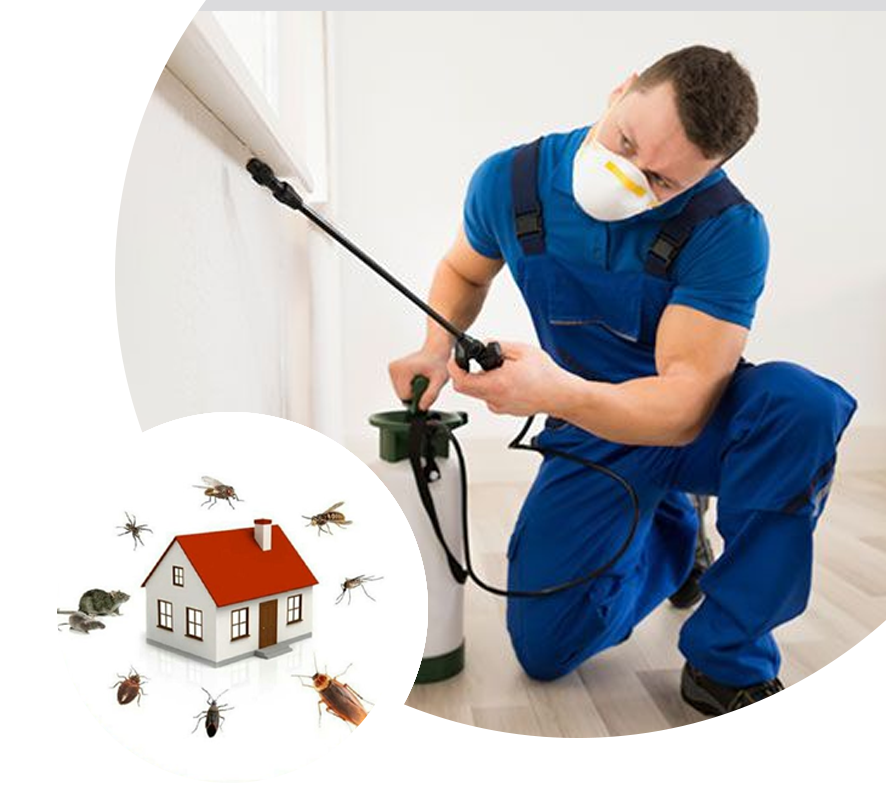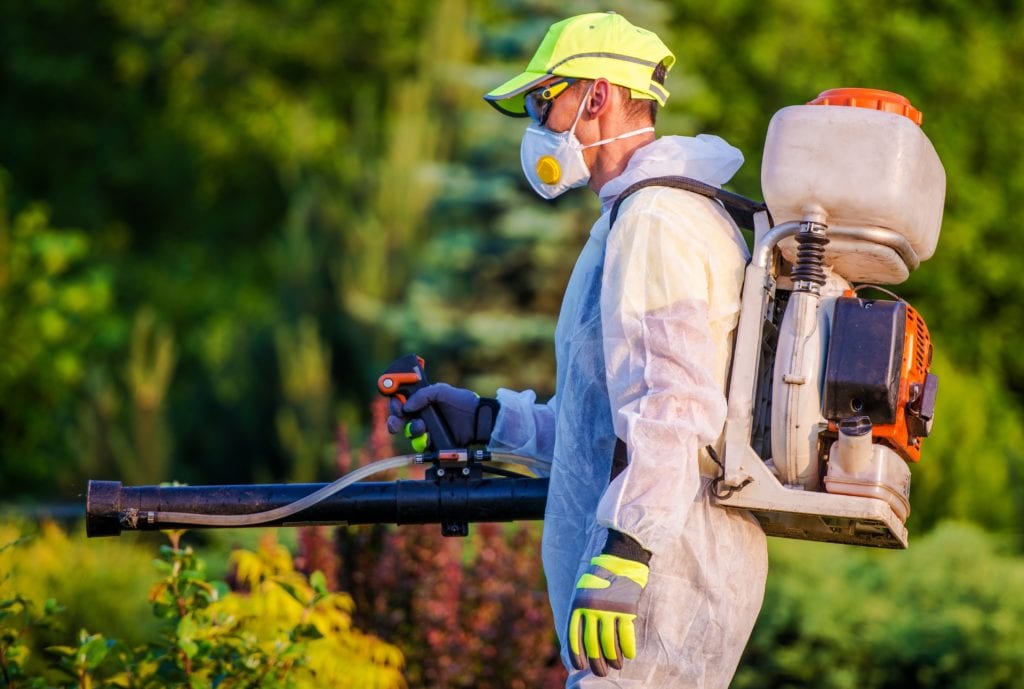Specialist Exterminator Services: Say Goodbye to Vermin completely!
Specialist Exterminator Services: Say Goodbye to Vermin completely!
Blog Article
Specialist Parasite Control Techniques for Long-Term Outcomes
In the realm of pest control, accomplishing continual efficiency and long-lasting outcomes needs a thorough method that transcends simple extermination. Professional insect control methods envelop a thorough strategy that starts with a comprehensive assessment and assessment, complied with by accurate pest identification to recognize their habits patterns. The application of Integrated Insect Administration (IPM) principles, paired with eco-conscious therapies, forms the keystone of lasting parasite eradication. Nevertheless, real examination exists in the recurring tracking and upkeep of the treated locations, guaranteeing a pest-free environment for the near future. By delving into the details of these strategies, a much deeper understanding of professional pest control methods for sustaining end results emerges.
Evaluation and Assessment
Upon entering a property for parasite control solutions, the preliminary step is a thorough assessment and assessment to determine the level of the invasion and establish the most reliable therapy strategy. Professional parasite control professionals are trained to meticulously check out the facilities, looking for indicators of bug activity such as droppings, munch marks, nests, or any kind of structural damages. They will also assess the problems that may be drawing in insects, such as food resources, water leaks, or entrance points.

Insect Recognition and Habits

Additionally, comprehending the habits of the identified insect is vital to applying effective control steps. Understanding where pests nest, what they feed on, and their activity patterns can aid pest control specialists create techniques to eradicate them successfully.
Integrated Pest Administration (IPM)
Integrated Bug Management (IPM) techniques combine multiple strategies to manage and prevent parasite infestations in a sustainable and eco-friendly fashion. bed bug dog. By integrating methods such as biological control, habitat control, adjustment of cultural practices, and making use of resistant ranges, IPM aims to lessen using chemical pesticides
Among the essential concepts of IPM is the focus on prevention. This proactive method includes surveillance parasite populations frequently to detect any kind of prospective issues before they intensify. By recognizing parasite troubles beforehand, pest control actions can be applied quickly and efficiently.
Furthermore, IPM advertises using non-toxic parasite control techniques whenever feasible. This can consist of utilizing natural predators of the parasites, introducing helpful pests, or utilizing scents to interrupt mating patterns. By lowering dependence on chemical pesticides, IPM not just safeguards the atmosphere however additionally assists preserve a balance in the community.
Environmentally-Friendly Treatments
Implementing eco-conscious techniques in parasite control treatments can properly Click This Link attend to invasions while prioritizing environmental sustainability. Environmentally-friendly treatments focus on minimizing the effect of parasite control techniques on ecological communities, non-target organisms, and human wellness. These techniques typically include the usage of natural predators, such as ladybugs or nematodes, to regulate pest populations, reducing the need for chemical interventions. In addition, methods like pest remediation environment control, such as adjusting moisture degrees or eliminating food resources, can help prevent bugs without the usage of damaging compounds.
Another secret aspect of environmentally-friendly therapies is using natural and biodegradable products that break down quickly without leaving unsafe deposits in the atmosphere. Herb insecticides stemmed from plants like chrysanthemums or neem provide effective insect control while posturing marginal risk to non-target species. Utilizing approaches like warm therapies or scent catches can target particular pests with accuracy, minimizing the general environmental effect of insect control practices.
Recurring Monitoring and Maintenance
Regular surveillance and upkeep are vital elements of efficient insect control management. Recurring monitoring plays an important function in guaranteeing that bug problems are found early and managed promptly. Normal examinations by trained specialists are necessary to recognize any indicators of parasite task, evaluate the performance of previous treatments, and make changes to the insect control plan as required. By keeping track of insect populaces in time, bug control specialists can track trends, anticipate possible issues, and carry out safety nets to minimize the risk of future problems.
In addition to tracking, maintenance practices are important for lasting insect control success. This consists of implementing correct hygiene actions to eliminate prospective food and water resources for bugs, sealing entry points to avoid bugs from going into the facilities, reference and dealing with any kind of architectural issues that can promote parasite infestations (Pest control Washington DC). By integrating recurring tracking and maintenance into an integrated parasite management approach, services can make certain a pest-free environment and protect their property against pricey damages and health risks
Verdict
To conclude, using professional pest control techniques such as thorough assessment and assessment, precise parasite identification and understanding of their actions, incorporated pest management strategies, environmentally-friendly treatments, and recurring monitoring and upkeep are crucial for attaining long-term outcomes in bug control. By executing these techniques, people can successfully take care of parasite invasions and maintain a pest-free environment in a lasting manner.
Report this page